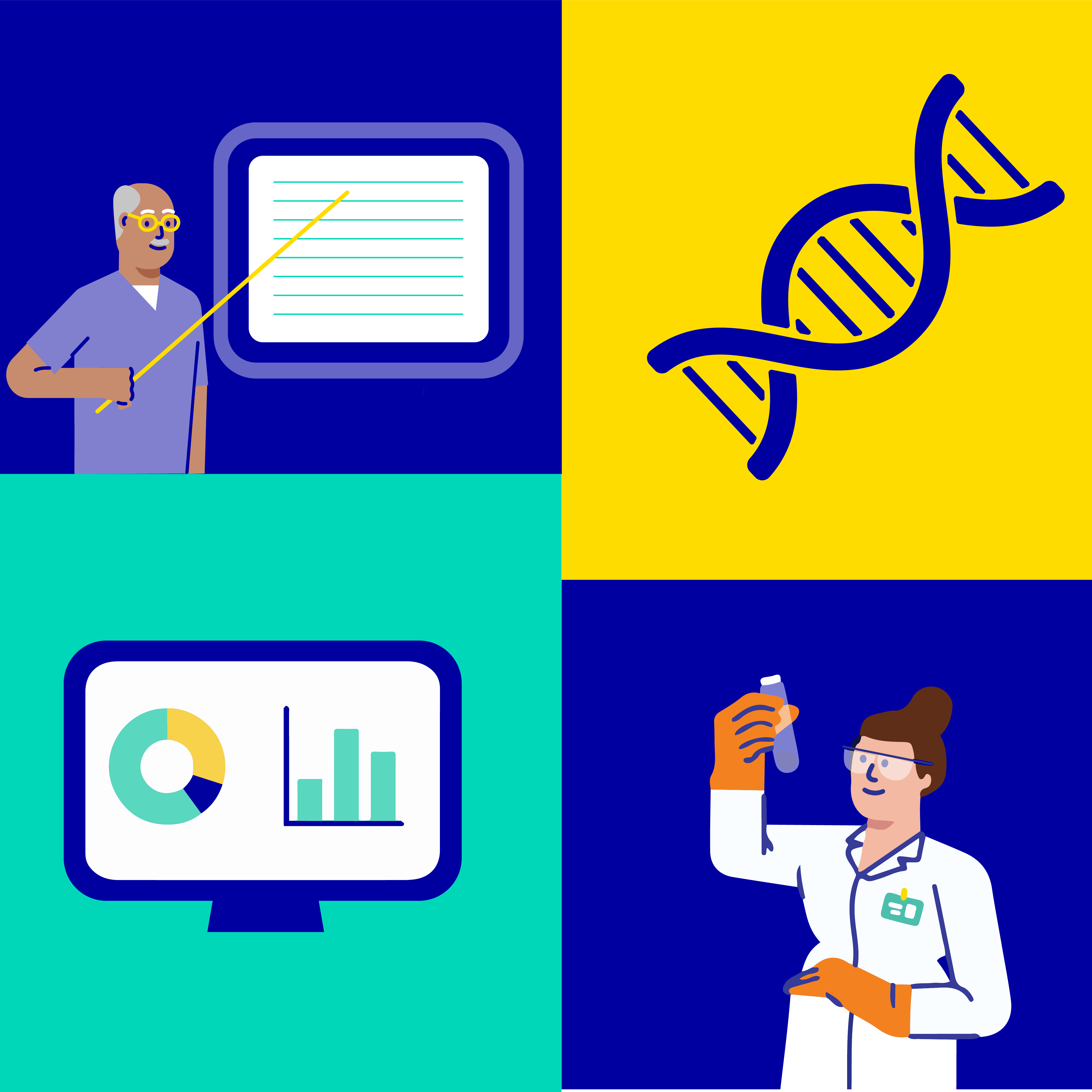The Old Model of Capitalism Needs to Evolve — It’s Time for a New Roadmap
By Stephen Badger, Director and former Chairman of the Mars Board — and a fourth generation member of the founding family
The world is at a crossroads.
The COVID-19 pandemic has shed a glaring light on how much is broken in our social and economic models. It is imperative that we consider our present state and the future we want. Our opportunity is to define recovery not as returning to what was, but rather to choose a more sustainable and inclusive road forward to help us all thrive.
From where we sit today, recovery will not be easy. The economic hardship created by the pandemic is exacerbating the number of people being left behind. Moreover, the environment, which had a momentary respite while vast swaths of industry and travel were shut down, is still under the stress of a climate emergency.
With the awakening this global pandemic presents, it is time to drive action and make the strategic choices that will ensure positive change.
It has been 50 years since economist Milton Friedman published his doctrine for business to solely focus on “increasing profits.” It’s time to evolve this theory into a more mutual model. A new generation of workforce talent and consumers are demanding change, governments may soon compel it, and thankfully, an awakening in global boardrooms and C-suites is taking place.
Thriving by Creating Enduring, Mutual Benefits for People and the Planet
In 2007, Mars as a business asked itself, "What is the right level of profit for the corporation?"
While it may sound like an unusual question, a commitment to mutuality — creating enduring value for our business as well our stakeholders (not just our shareholders) — is at the heart of The Five Principles of Mars. This isn't altruism. It is built on the fundamental belief that an imbalance between the value that a company creates for itself and the value it creates for others will lead to an unsustainable business.
Based on this belief, Mars has been exploring how we can do more to create financial value, upward mobility for individuals, community cohesion and strength, and environmental protection and regeneration through reimagined ways of approaching our business. We call this the Economics of Mutuality (EoM).
Along the way, we’ve partnered with academic institutions to help broaden the experimentation beyond Mars. Six years ago, we joined forces with University of Oxford’s Saïd Business School to explore the cocreation of an EoM management concept that puts mutuality and purpose as the central goal versus just profitability. That has led to conversation with others at the Sorbonne University, the Paris School of Economics, Stanford University, Harvard University, and institutional partnerships with The Paris Institute of Political Studies and China Europe International Business School in Shanghai. These partners are introducing EoM to a new generation of business leaders through practical case studies.
EoM is a set of new metrics, management practices, and other tools that can be used in a bespoke way across various business situations. Mars has piloted it ourselves in more than a dozen parts of our business to address very different needs and opportunities, from both rural and slum areas in Kenya to developed businesses in Europe and China. Through this experimentation we’ve generated learnings and outcomes which are helping to provide social and economic opportunities for others and also benefiting our business. While there is much more to learn, we're excited about what’s possible.
A New Foundation
That’s why we are transforming Mars’ longtime internal think tank into an independent Economics of Mutuality Foundation to enable making what we've learned widely available to others. The platform will operate completely independently from Mars and include two parts. The first, a stand-alone, not-for-profit, public benefit foundation to focus on research, education and advocacy, and the second, a for-profit arm to focus on consultancy, executive education and services to business. Profits from the consultancy will be reinvested or distributed to the foundation to advance its work.
I am proud to be serving as Founding Chairman of the Board for the new EoM Foundation and to be working with others to experiment further — with the ambition of cracking the code on how to practically operationalize a new model of business that will move us toward a more inclusive economy.
The potential and need are huge and the time to collaborate on a new path is now.
As the leaders of today, we have an obligation to do business better.














